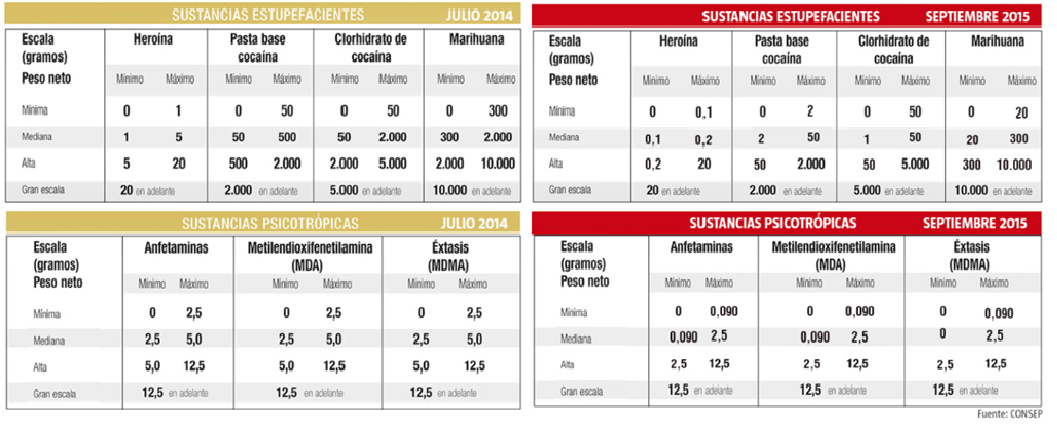The Philippines drugs agency has proposed mandatory drug testing for all schoolchildren aged 10 and over.
Aaron Aquino, director of the Philippines Drug Enforcement Agency (PDEA), has called for the mandatory drug testing of all private and state school students from Grade 4 (aged 9-10) and above. The proposal, if implemented, would also force all schoolteachers to submit to drug testing.
Drug testing in schools has been legally permitted by Philippines law since 2002, under Section 36 (c) of the Comprehensive Dangerous Drugs Act. However, this approach is aimed at secondary school students, and is implemented on a random basis; it is not mandatory for all students. In August 2017, following support for intervention from President Rodrigo Duterte, the Department of Education announced that the department itself would begin conducting testing in public and private schools around the country.
The latest proposal from the PDEA marks a significant escalation of the Philippines’ approach to drug testing. The Department of Education has not endorsed the proposal, and has claimed that the move would be illegal under the Drugs Act because it targets elementary school children. The government may, therefore, have to implement legislative reform before it can begin drug-testing children aged between nine and 11.
The Department of Education has also criticised the proposal for its high cost.
“The population of students from Grade 4 to Grade 12 total at least 14 million. At P200 ($3.75) per student for the testing fee alone, the budget will already amount to P2.8 billion ($525,565),” a spokesperson said.
The head of the Philippines’ Alliance of Concerned Teachers denounced the proposal more sharply:
“We should not permit this to happen. […] The state, which has the responsibility to protect our youth, apparently wants to make criminals out of them. This government should disabuse itself of its belief that we are a nation of drug addicts. What we are is a nation deep in economic crisis. [This] is where they should focus.”
It is unclear what consequences will be faced by children who test positive for illegal drug use, but pending legislation suggests they may face harsh penalties.
House Bill 002 (PDF), which is currently under consideration by the Congress, aims to reduce the age of criminal responsibility from 15 to nine, and the bill has the support of President Duterte.
If this bill passes, then children as young as nine who test positive for drug use could face the same penalties for adults that do so. This is outlined in Section 15 of the Drugs Act: “[any person who tests positive for drug use] shall be imposed a penalty of a minimum of six (6) months rehabilitation in a government centre”.
Previously, mandatory drug testing in the Philippines has led to those testing positive being killed. As TalkingDrugs previously reported, police began mandatory door-to-door drug testing people in an impoverished Manila neighbourhood in 2017. It was later revealed by Rappler, that this was undertaken with the goal of clearing people out of slums, including by killing some of them.
PDEA’s Aquino, who is behind the proposal, warned that children who do not receive treatment for their drug use would become “our very enemies”. In a country where people – including children – are regularly portrayed as enemies and killed by the state with authorities citing their alleged drug use, the proposal of drug testing children could have extraordinarily devastating consequences.


